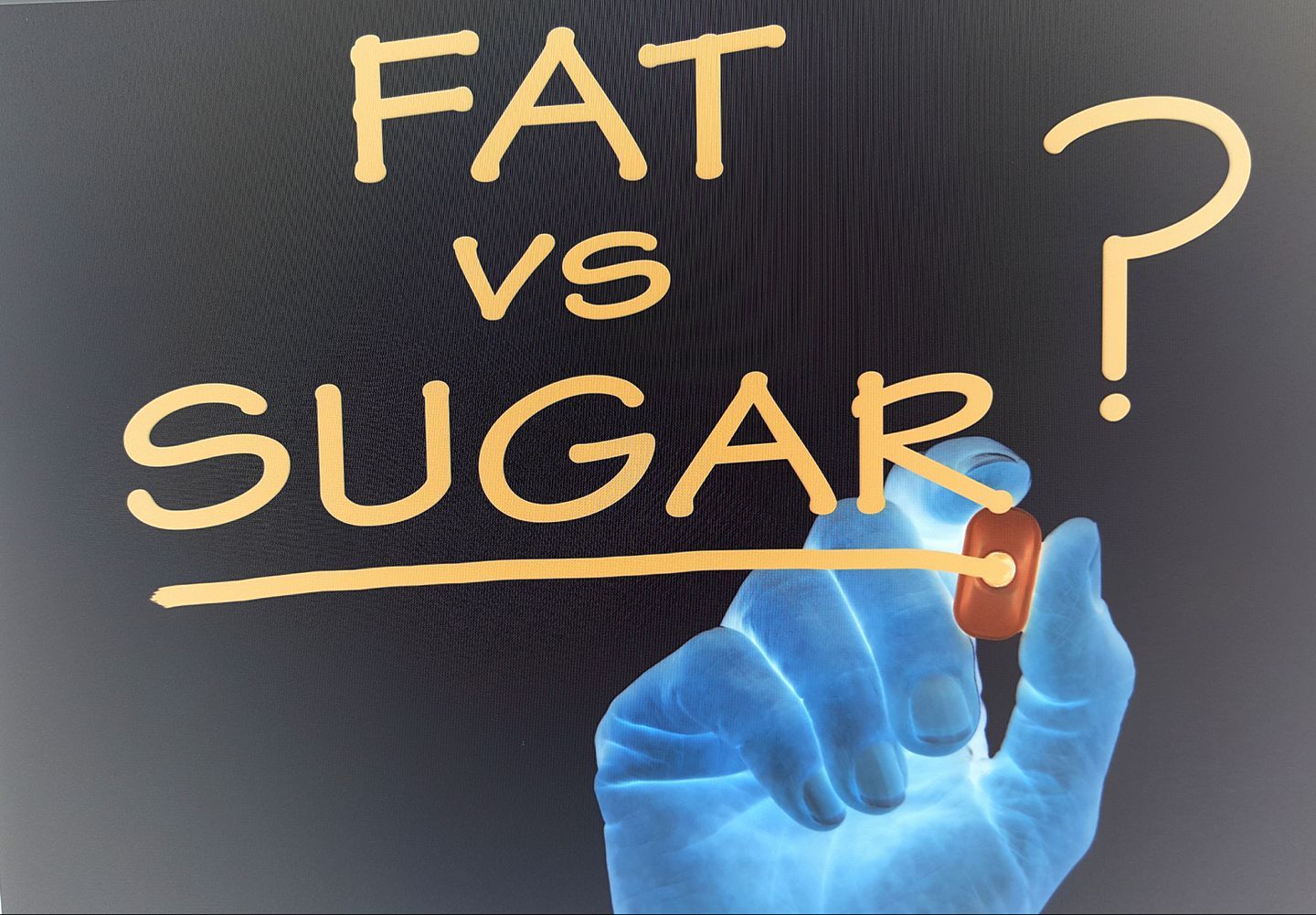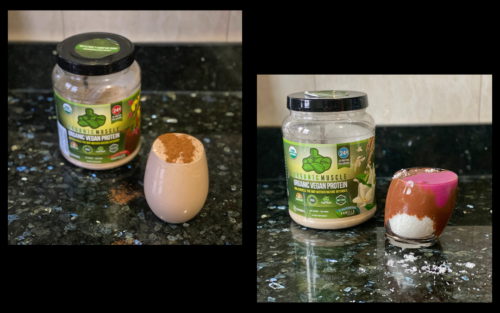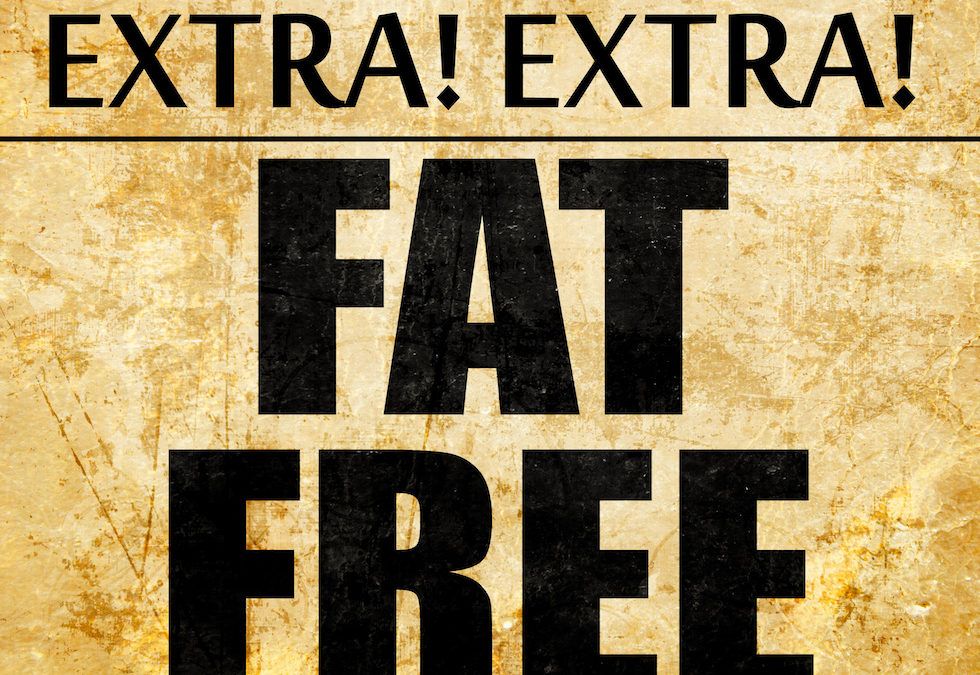In the late 70s, the belief that fat was bad and that healthy meant low fat emerged. As a result, fat was demonized and the food industry started making adjustments to satisfy that trend.
Hydrogenated fats or trans-fats gained popularity as were deemed a healthier choice. These fats increase the shelf life of products and save costs to manufactories, which increased their expansion. Now the Food and Drug Administration is trying to eliminate trans-fats from our food supply because they are known to increase LDL levels, “bad” cholesterol, and promote heart disease.
Along the same time, “fat-free” and “low-fat” foods materialized. These products contain lower fat levels but at the expense of ultra high sugar quantities. Sugar and processed foods are factors influencing the disturbingly increasing rates of obesity and chronic disease in the past several decades. This shift against fat in our food supply has done nothing to improve the health of our population but deteriorate it.

Popular Products To Avoid
Commercial cereals contain nearly 25% sugar by weight, not only white sugar but added high-fructose corn syrup. If you buy cereal, stick to organic multigrain cereals and those made with healthy carbs like quinoa and amaranth.
Low-Fat Flavored Coffee Drinks
Coffees sold as “low-fat” have a super high sugar content. More that’s half of the calories are provided by sugar. Besides, liquid calories add up since they are not filling, promoting higher intake. Buy coffee, preferably organic, without the flavored syrups. Instead of whole milk, you can choose coconut or almond milk. Use cinnamon or vanilla to flavor it.
Low-Fat Yogurt
Most commercial low-fat and fat-free yogurts have sugar content equivalent to a dessert. Yet they lack CLA (conjugated linoleic acid), which is present in dairy products and has anti-cancer and fat-loss properties. Choose organic yogurt or, even better, organic kefir.
Low-Fat Salad Dressing
Most of low-fat dressings are high sugar or high-fructose corn syrup, sodium, and preservatives, decreasing the nutritional value of your salad and adding unnecessary toxic ingredients. Try instead organic olive oil with balsamic or apple cider vinegars.
Low-Fat Peanut Butter
Low-fat peanut butter contains added sugars and processed oils with the same amount of calories. Instead buy raw organic butters, like almond, cashew or peanut butters, which contain all their healthy fats and no added ingredients.
Low-fat Spreads
Instead of low-fat spreads such as margarine, which is damaging to your body, Use organic cultured butter, ghee, or coconut oil or butter.
Low-Fat Frozen Yogurt
Low-fat or fat-free frozen yogurt contain as much sugar as ice cream. It’s not a “healthy food.” Instead, try making your own ice cream. I make my own by blending 1 cup of frozen organic fruit with 1 cup of coconut milk and 1 serving of protein powder (I use Organic Muscle). Or you can make a healthy milkshake or smoothie. This is great because you can use your favorite flavors and healthy ingredients while you satisfy your sweet tooth!

The bottom line is that fat-free and low-fat products can be more harmful than anything. They containing lots of sugar and unhealthy fats that are associated to inflammation, chronic disease, and obesity. You can keep your body healthy and fit by sticking to healthy fats on their natural form.
To a Fitter Healthier You,
The Fitness Wellness Mentor
In the late 70s, the belief that fat was bad and that healthy meant low fat emerged. As a result, fat was demonized and the food industry started making adjustments to satisfy that trend.



